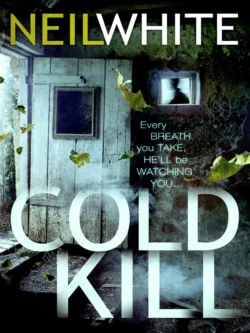COLD KILL

Neil White
Тип: электронная книга
Жанр: Триллеры
Язык: на английском языке
Стоимость: 233.02 ₽
Статус: В продаже
Издательство: HarperCollins
Дата публикации: 16.04.2024
Отзывы: Пока нет Добавить отзыв
О книге: Every breath you take, he’ll be watching you…When Jane Roberts is found dead in a woodland area Detective Sergeant Laura McGanity is first on the scene. The body bears a chilling similarity to a woman – Deborah Corley –murdered three weeks earlier. Both have been stripped,strangled and defiled.When reporter Jack Garrett starts digging for dirt on the notorious Whitcroft estate, he finds himself face-to-face with Jane’s father and gangland boss Don who will stop at nothing until justice is done. It seems that the two murdered women were linked in more ways than one and a dirty secret is about to surface that some would prefer stay buried.As the killer circles once more, Jack and Laura must get to him before he strikes again. But his sights are set on his next victim and he’s watching Laura’s every move…